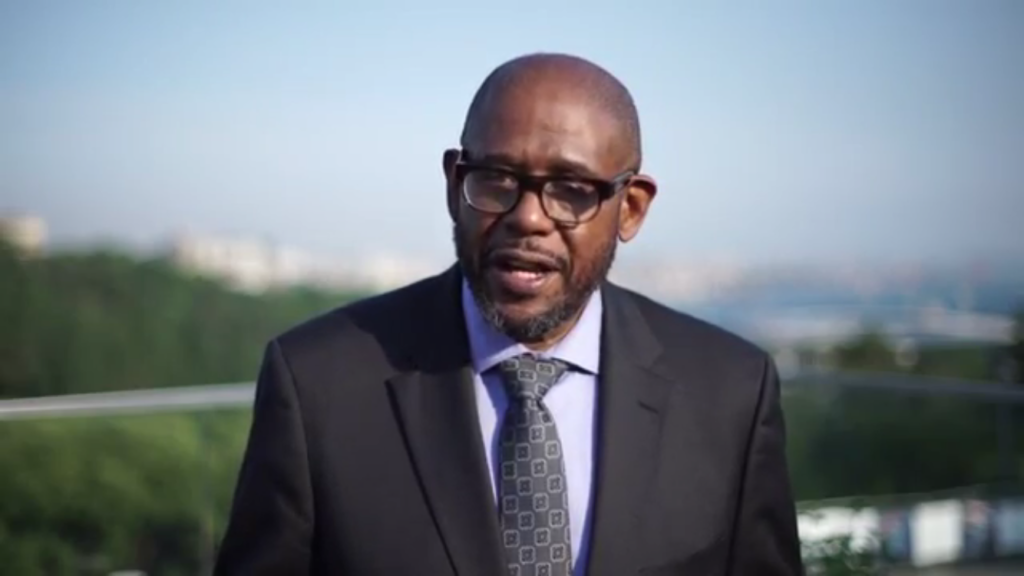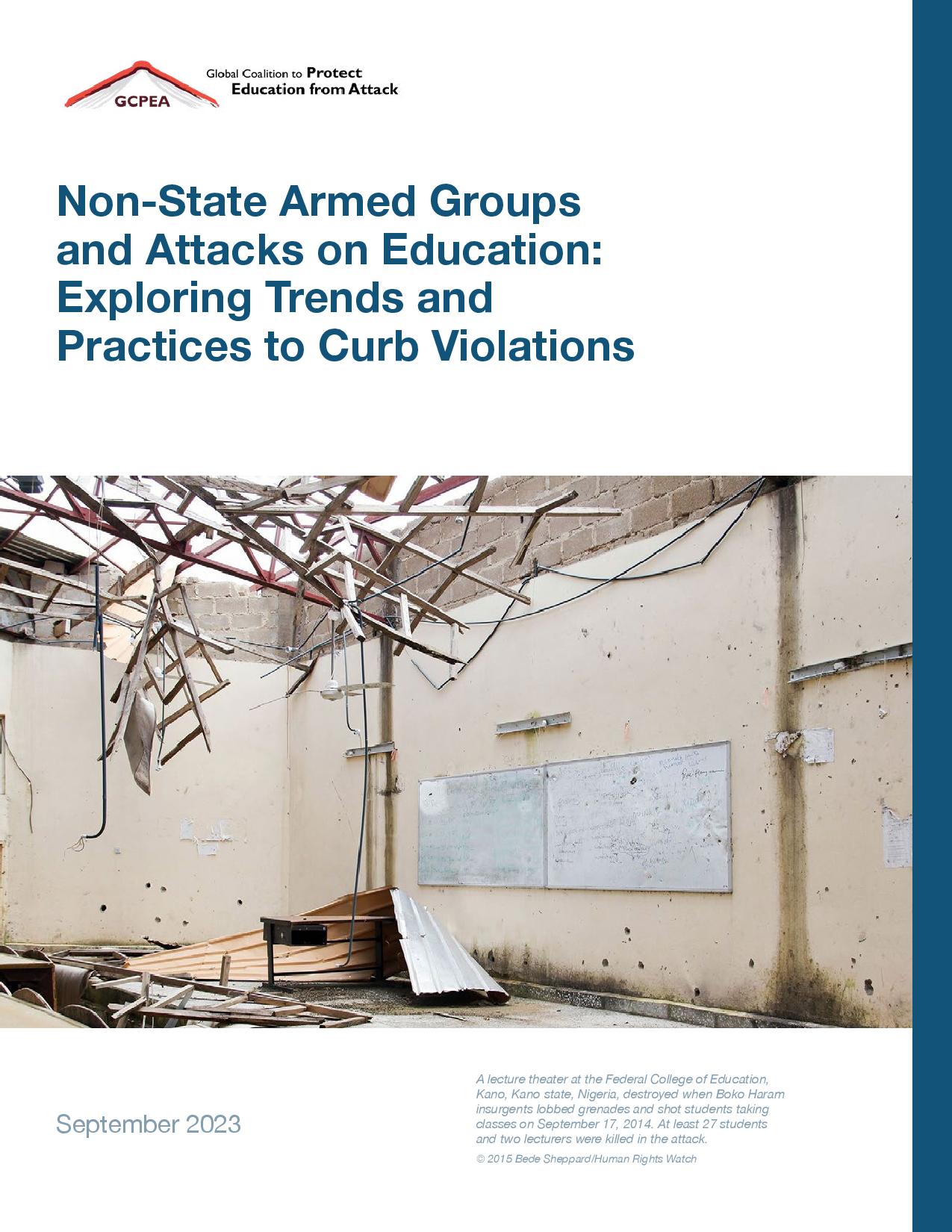GCPEA News
PRESS RELEASE | Safe Schools Declaration: 53 Countries and Counting
One Year On, More Support and Action Needed
Global Coalition to Protect Education from Attack, May 27, 2016
(New York, May 27, 2016) – Supporting the international declaration to protect education in armed conflict is more important than ever with wars raging in many countries, the Global Coalition to Protect Education from Attack said today, marking the first anniversary of the Safe Schools Declaration, and congratulating the 53 countries that have endorsed it.
By joining the Safe Schools Declaration, countries make concrete political commitments to protect students, teachers, and educational facilities during times of armed conflict. The Safe Schools Declaration was opened for endorsement at an international conference hosted by the Norwegian Ministry of Foreign Affairs on May 29, 2015, in Oslo. At the World Humanitarian Summit this week, Argentina announced that it would hold a follow-up conference later this year to take stock of progress made in implementing the Declaration. Forest Whitaker, artist and UNESCO Special Envoy for Peace and Reconciliation, also released a video at the Summit expressing support for the Safe Schools Declaration.
“The countries that have endorsed the Declaration are building a community of states that recognizes the urgency of protecting education in wartime and is leading by example,” said Diya Nijhowne, the coalition’s director. “While the community is growing rapidly, many other countries still need to join, and those that have should do more to carry out the Declaration’s commitments.”
By endorsing the Declaration, countries make every effort to collect reliable data on attacks on education, and support humanitarian programming that promotes the continuation of education during armed conflict. They also endorse and make a commitment to use the Guidelines for Protecting Schools and Universities from Military Use during Armed Conflict, which offer practical guidance to help armed forces and non-state armed groups avoid using educational buildings or making them targets of attack.
Between 2009 and 2013, there was a pattern of attacks on education in 30 countries around the world, the coalition found. Schools and universities have been used for military purposes by government forces and non-state armed groups in at least 26 countries with armed conflicts since 2005.
The use of schools and universities as bases and barracks, weapons caches, training grounds, or detention centers, may not only force students out, but risks making those buildings a military target for the other side, the coalition said. Often the warring parties do not recognize the immediate or long-term costs of military use of schools. By implementing the Guidelines, countries help safeguard the lives of children, their education systems, and ultimately their societies.
“By supporting the Safe Schools Declaration, countries are making it clear that protecting education is a priority,” Nijhowne said. “Making change happen on the ground always takes time, but the work should start now to turn commitments into action.”
****
The Global Coalition to Protect Education from Attack (GCPEA) is a coalition of international organizations, including CARA (Council for At-Risk Academics), Human Rights Watch, the Institute of International Education’s Scholar Rescue Fund, Norwegian Refugee Council, Protect Education in Insecurity and Conflict, SAIH (the Norwegian Students’ and Academics’ International Assistance Fund), Save the Children, the Scholars at Risk Network, UNESCO, UNHCR, and UNICEF.
GCPEA is a project of the Tides Center, a nonprofit 501(c)(3) organization. Learn more at www.protectingeducation.org.
****




